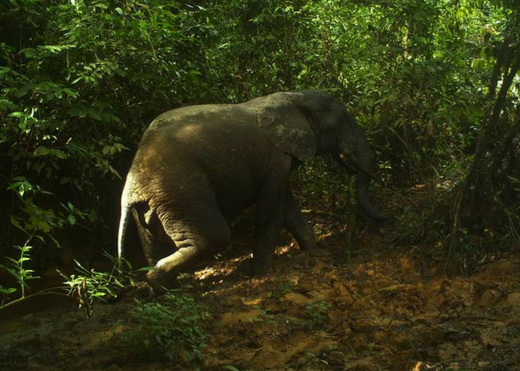National Trust goes wilder for wildlife
Posted on
|
The National Trust is the largest private landowner in the UK. It recently announced plans to help reverse the decline of wildlife on the land in its care. The National Trust was set up to protect places of natural beauty; it has a plan! It is going to create and restore 'priority' wildlife habitats on 10% of its land - chalk, grassland and arable field margins. By 2025, at least 50% of its farmland will be nature friendly with protected hedgerows, field margins, ponds, woodlands and other habitats allowing plants and animals to thrive. Over 1,500 farm tenants on National Trust land are already farming in ways which benefit wildlife. The Director of Land, Landscape and Nature is called Peter Nixon. He says, "Nature has been squeezed out to the margins for far too long. We want to help bring it back to the heart of our countryside." Nature can rejuvenate. Wildlife just need the right conditions to survive and we can all help create them. We just need to make it happen. And then birds such as the cuckoo, lapwing and curlew may come back and return to the fields, woods and meadows again. |
